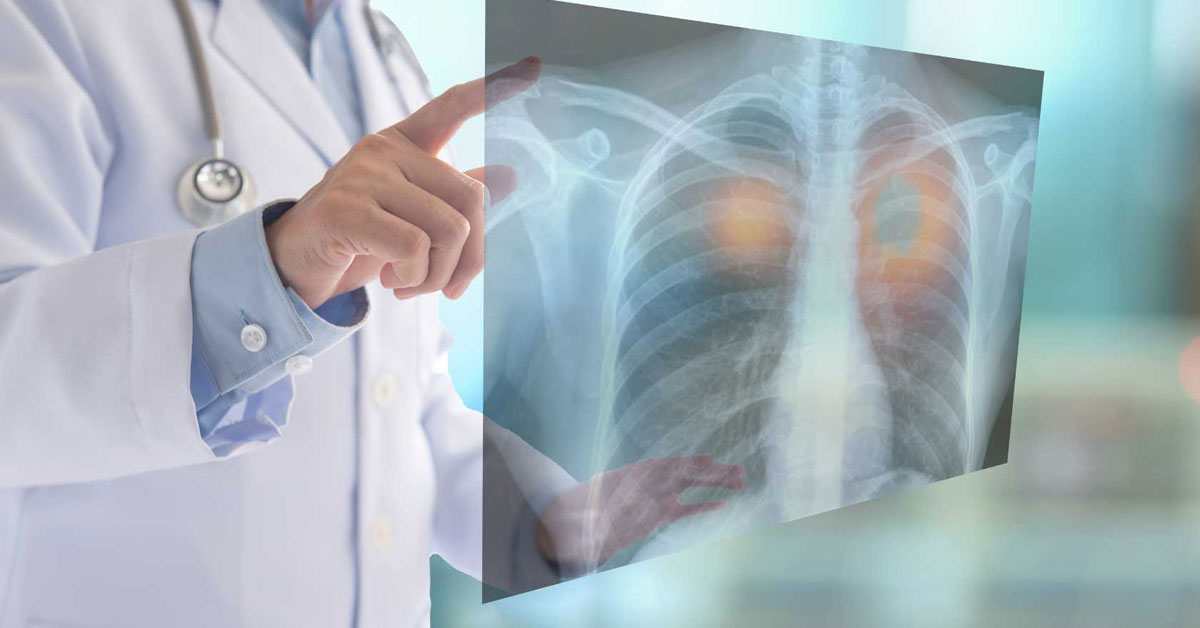Fighting Bone Cancer: Understanding The Diagnosis, Treatment & Recovery
Types and Symptoms of Bone Cancer
Bone cancer is often categorised as primary or secondary, depending on the location of the cancer. Bone cancer that originates in the bone is referred to as primary.
It is classified into different types as follows:
- Osteosarcoma: the most common type of primary bone cancer and usually affects teenagers and young adults.
- Chondrosarcoma: starts in the cartilage of the bone and is mostly seen in older adults.
- Ewing Sarcoma is a type of bone cancer that is uncommon and typically targets young adults and children.
Symptoms of primary bone cancer may include:
- persistent pain in the affected bone
- swelling or tenderness
- unexplained weight loss
- fatigue
- fractures or breaks in bones
Whereas Secondary bone cancer occurs when cancer cells from another part of the body spread to the bones. Types of cancer that commonly spread to the bones include breast, lung, and prostate cancer.
Symptoms of secondary bone cancer may include:
- bone pain
- fractures or breaks in bones
- The impacted area experiences a reduction in the range of motion.
Although this cancer accounts for less than 1% of all cancers, early detection is crucial for successful treatment and recovery from bone cancer. In case you encounter any of these symptoms, it is crucial to seek medical attention promptly.
Diagnosing Bone Cancer
A medical history and physical exam are important tools for diagnosing bone cancer During the procedure the doctor will ask about the patient’s symptoms, when they started, and if they have any other medical conditions. They will also ask about the patient’s family history of cancer. The doctor will then perform a physical exam, looking for any abnormalities, swelling, or pain in the bones.
If the doctor suspects bone cancer, they will order imaging tests such as X-rays, MRIs, or CT scans. These tests can help identify any tumours or lesions in the bones. X-rays are often the first imaging test ordered because they are quick, easy, and cost-effective. MRI and CT scans are more detailed imaging tests that can provide a more accurate diagnosis.
If the imaging tests suggest bone cancer, the doctor will likely perform a biopsy. A biopsy involves taking a sample of the affected bone tissue and examining it under a microscope to look for cancer cells. There are different types of biopsies, including a needle biopsy, which uses a small needle to remove a tissue sample, and an open biopsy, which involves making a small incision in the skin and removing a larger tissue sample.
Treating Bone Cancer
Once a diagnosis of bone cancer is confirmed, the doctor will determine the appropriate treatment plan. Treatment options for bone cancer include surgery, radiation therapy, chemotherapy, and other targeted therapies or immunotherapies.
- Targeted therapy:
It works by targeting specific molecules that promote the growth and spread of cancer cells while leaving normal cells relatively unharmed. In bone cancer, targeted therapies may be used to inhibit bone resorption by osteoclasts, which can help to slow down the progression of the disease and reduce the risk of complications. - Immunotherapy:
It works by stimulating the body’s immune system to recognize and attack cancer cells. In bone cancer, immunotherapy can be used to boost the immune system’s ability to identify and destroy cancer cells and can be particularly effective when combined with traditional treatments like surgery, chemotherapy, and radiation therapy. - Surgical treatment:
Involves removing the cancerous tissue and surrounding healthy tissue to prevent the cancer from spreading. There are different types of surgeries for bone cancer, including limb-sparing surgery and amputation. - Other treatments like Radiation therapy:
involve using high-energy radiation to kill cancer cells. This type of therapy is often used in combination with surgery to treat bone cancer. While Chemotherapy involves using drugs to kill cancer cells. It is frequently employed when the cancer has disseminated to other body regions.
Recovery
After treatment, patients will begin the recovery process and this will be a challenging road, but it is an essential phase towards healing and restoring one’s health. The course of rehabilitation differs from person to person, depending on the type of treatment received.
Rehabilitation is often necessary after surgical treatments to regain strength and mobility. Family, friends, and support groups can all help with emotional and practical support during the recovery process. A nutritious diet along with regular exercise, as well as physical therapy, may be required for a full recovery. Coping with the psychological and emotional problems that come with a Cancer diagnosis can be challenging, but support groups and counselling can help people overcome these obstacles and find hope and healing.
Early diagnosis is key to a successful cure
Although bone cancer is a rare and formidable diagnosis, there are effective treatments available. The key to fighting and recovering from this type of cancer lies in early detection, proper diagnosis, and prompt treatment. By staying vigilant and seeking medical attention if any symptoms arise, individuals can greatly increase their chances of successfully overcoming bone cancer.


